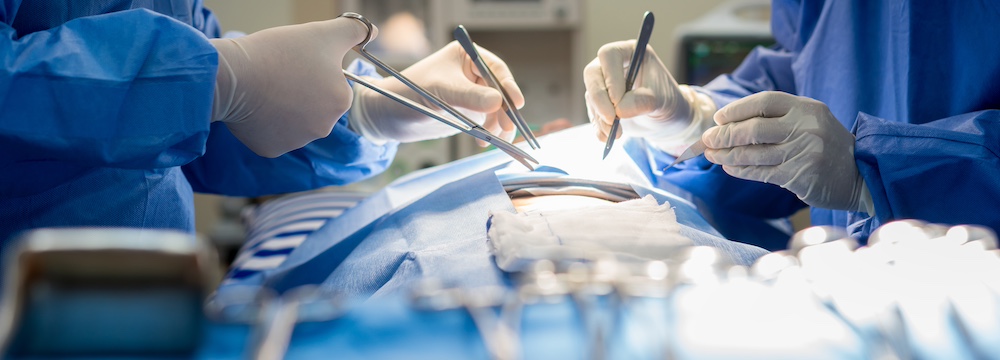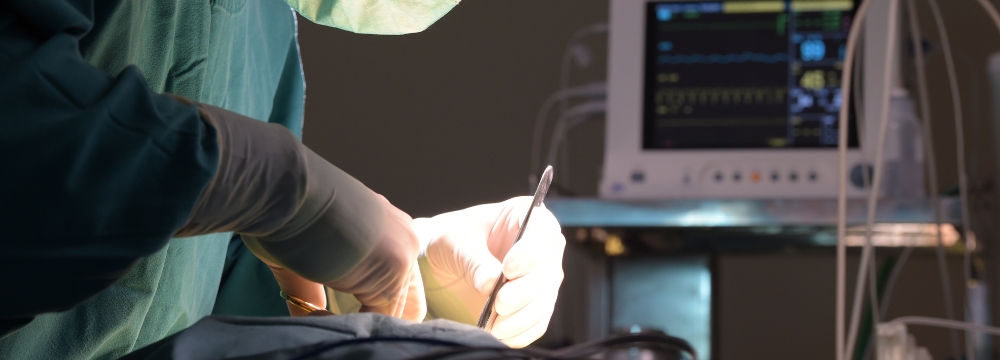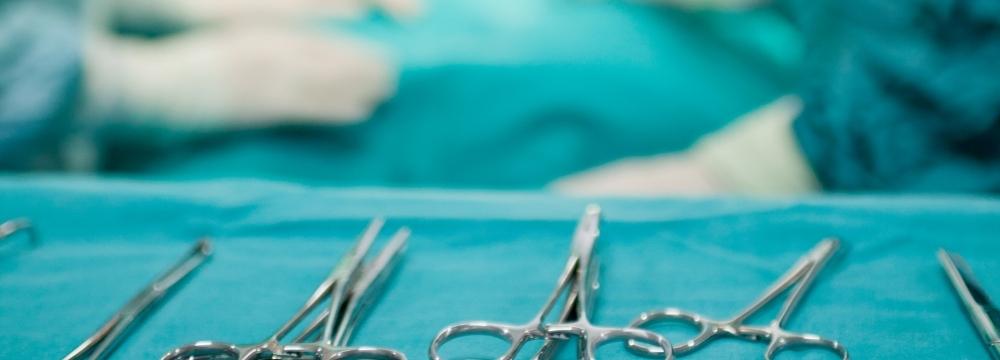Hernia
Your heart may sink when you feel a lump in your abdomen or find out you have a hernia. Surgery may seem inevitable. And to some degree this may be true. The only definitive solution for a hernia is indeed surgery. However, it should be heartening to know that hernia surgery is one of the most common general surgical procedures in the United States with over 1 million performed every year. In fact, it is estimated that about 27% of men will develop an inguinal or groin hernia in their lifetimes. But not all hernias have to be repaired – at least not right away. Following, we discuss when a hernia should be repaired and when, with your surgeon’s advice, you might be able to wait.
When you should or must have hernia surgery
When a run-of-the-mill hernia becomes an emergency, surgery is a must. Incarceration or strangulation occurs when abdominal tissue such as organ or fat tissue gets stuck in the hernia defect and cannot be pushed back. Strangulation, in particular, is an emergency because blood flow is cut off to the affected tissue, which can then die and require further surgery (such as a colectomy to remove diseased intestinal tissue). Not addressing a strangulated hernia can even be fatal.
Younger, healthy patients are well-suited to a scheduled hernia repair (and most surgeries) for a number of reasons. Hernia repair in a generally healthy person is straightforward and has few serious risks beyond the inherent considerations of surgery. Second, younger patients may have a higher risk of strangulation or incarceration of the hernia because of their stronger abdominal musculature. Therefore, we often recommend hernia surgery to these patients.
A hernia’s effect on your lifestyle can vary dramatically. Some hernias are large and asymptomatic. Others can be small and very painful. There’s no predicting how a hernia will affect you. However, generally speaking, if the hernia is symptomatic and forces you to curtail your lifestyle in some way, surgery to repair it should be considered.
Femoral hernias, those that involve a bulge or a lump in the upper thigh, have a high rate of strangulation and should be repaired sooner rather than later, before an emergency situation occurs.
When hernia repair can be postponed
If a hernia is found incidentally and not because the patient is being bothered by symptoms, we typically do not suggest repairing it unless there is a significant concern about incarceration or strangulation. Asymptomatic hernias may progress over time to be larger and more symptomatic, but knowing its presence allows us to track it and suggest surgery when the time is right.
Older patients in poor general health may not be candidates for hernia surgery. As with any surgical procedure, the benefits must outweigh the risks and, if the risk of surgery are significant, repairing the hernia may not be the best course of action. Rather, we may wait to see how the hernia develops over time.
Larger hernias may not need to be repaired immediately. The larger the hernia, the less the risk of incarceration or strangulation. Of course, being that hernias are progressive, waiting to repair the hernia may further enlarge it and create a more complex repair in the future. Speaking to your surgeon about your options is always best
Finally, you can choose not to have your hernia repaired. Of course, before making that decision, we strongly suggest that you speak to a qualified hernia repair specialist such as those here at MIIS, as a number of factors, including those mentioned above, go into the decision to pursue surgical intervention for a hernia.
The bottom line
Ultimately, the decision to have hernia surgery is relatively straightforward, but must be made with the consultation of an experienced hernia surgeon such as those at our practice. We encourage you to contact us to schedule a consultation with one of our surgeons. During this meeting you will understand your options and the possible outcomes of waiting for or alternately having surgery to repair the hernia.











